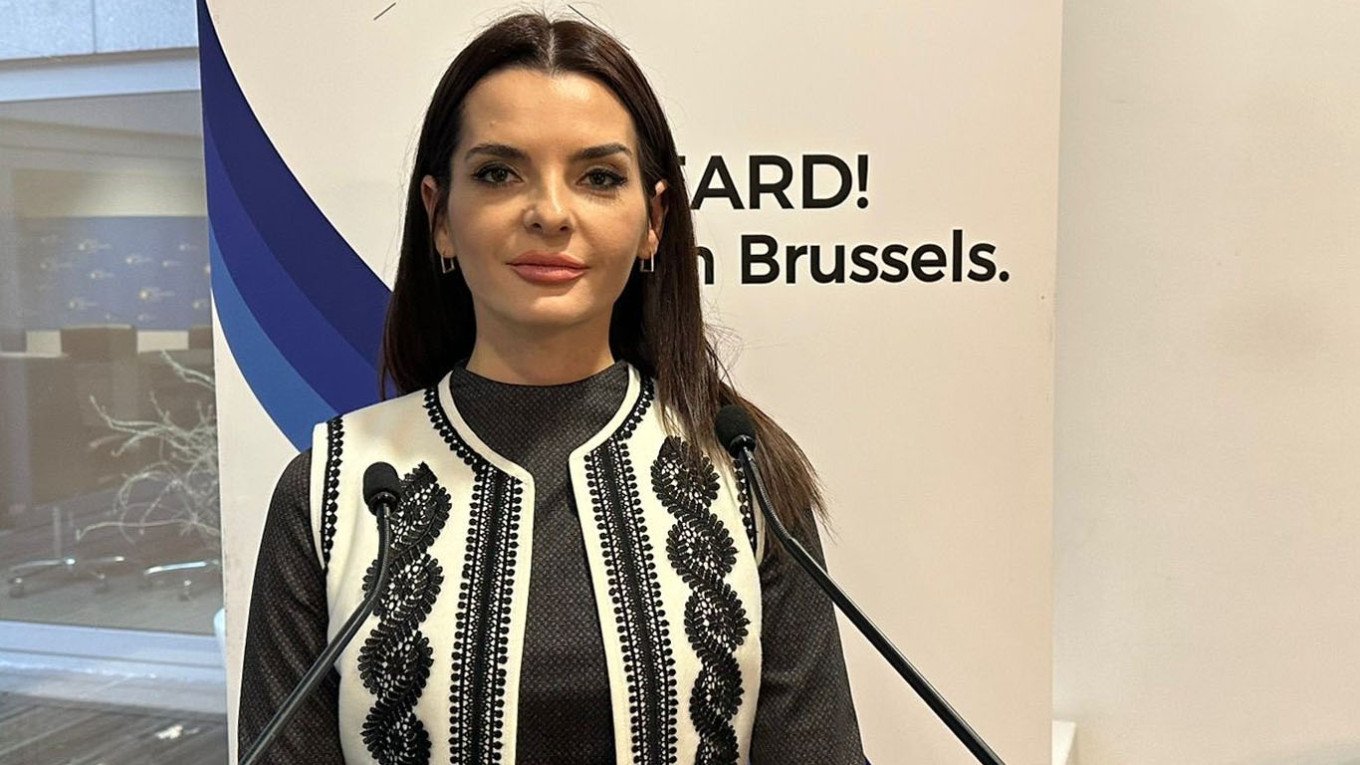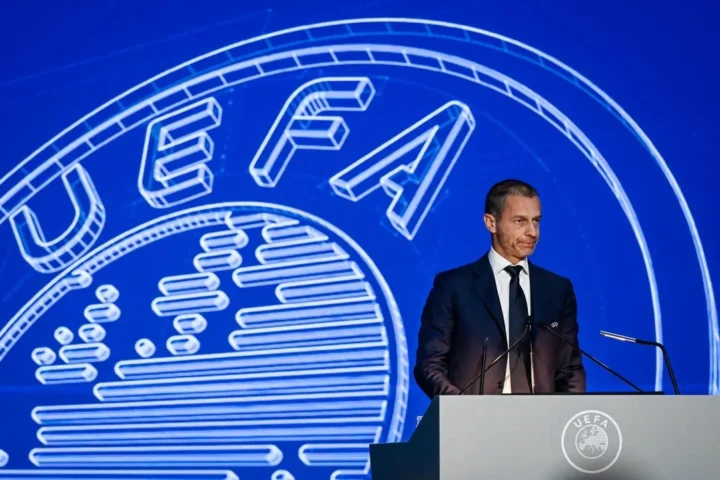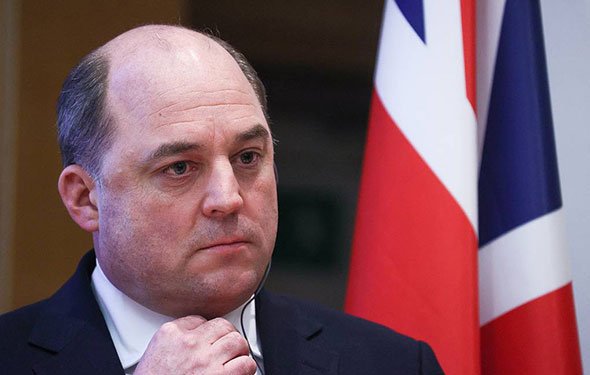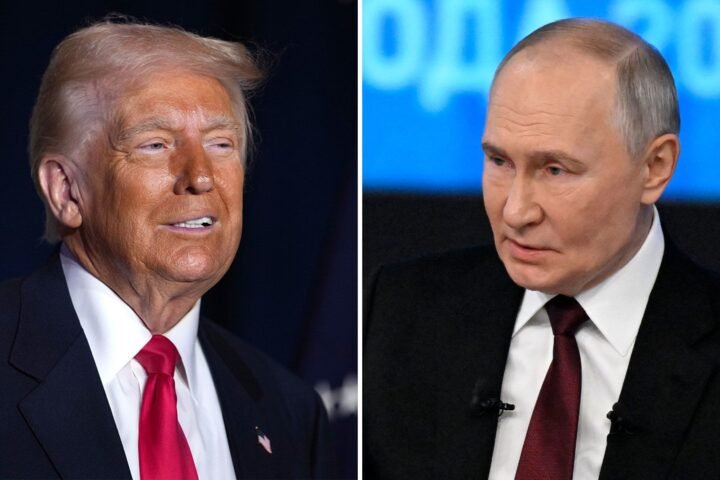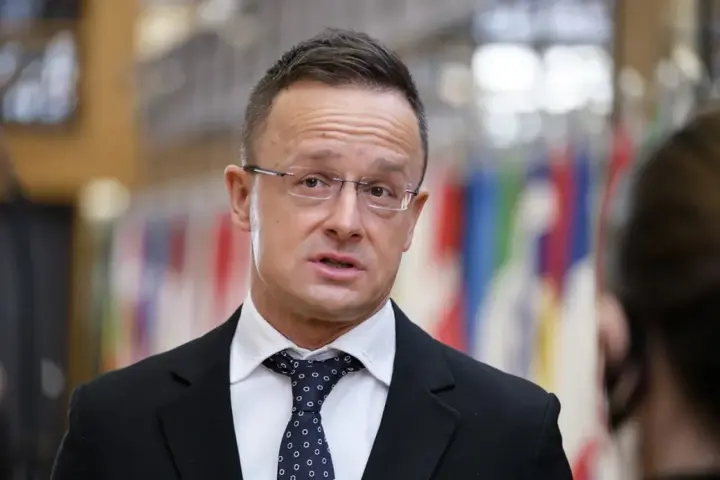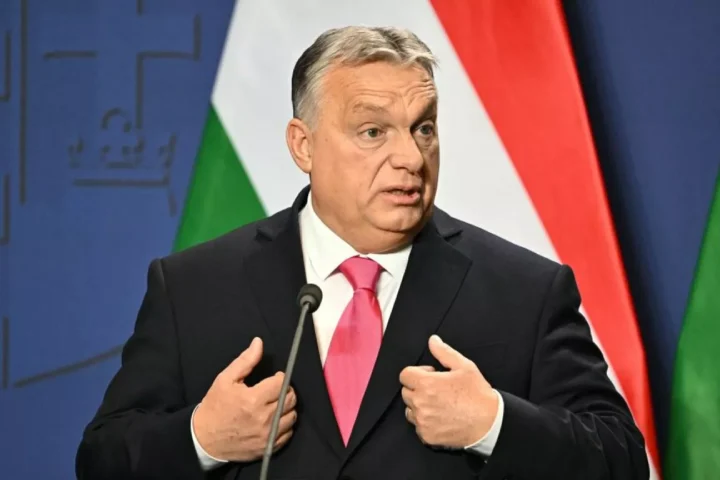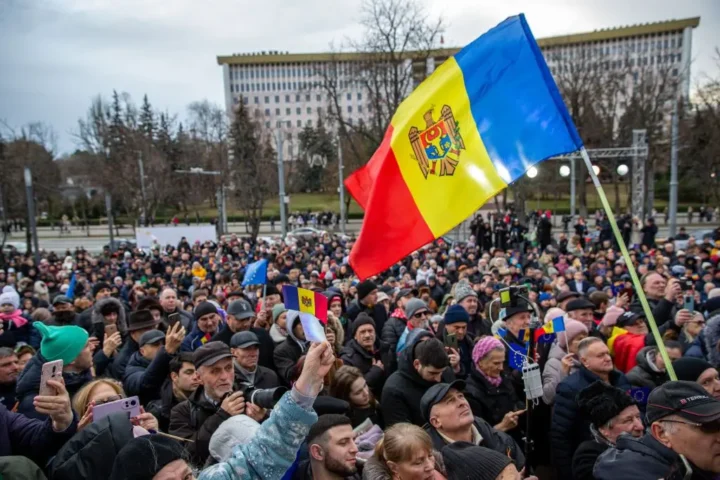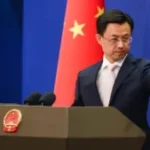A district court in Chișinău sentenced Evgheniya Guțul, the governor of Moldova’s autonomous Gagauzia region, to seven years in prison for illegal political financing. The verdict, delivered amid a heated pre-election atmosphere, follows findings that Guțul illegally funneled over €2.2 million from Russia to finance the pro-Russian Șor party, organize mass protests, and bribe voters. Investigations revealed her coordination with Ilan Șor’s circle, a fugitive under Western sanctions currently in Russia.
Russia condemns verdict as political repression against democracy
On August 6, 2025, Russian Foreign Ministry spokesperson Maria Zakharova branded the court’s ruling an “assassination of democracy in Moldova” and accused President Maia Sandu’s government of politically persecuting a legitimately elected leader. Speaking on her Telegram channel and Sputnik radio, Zakharova claimed Guțul merely fulfilled her lawful duties and urged international human rights groups to denounce the sentence, framing it as part of a broader Western-backed crackdown on Guțul.
Moscow’s democratic rhetoric masks political manipulation
The case highlights Russia’s persistent role in exerting electoral influence over neighboring states while itself operating under authoritarian conditions, including suppressed independent media, rigged elections, and a stifled civil society. Long prison terms for peaceful protests and political dissent are commonplace, with figures like Navalny and Kara-Murza emblematic of systemic repression. Moscow’s claims to defend democracy abroad serve as cynical propaganda tools rather than genuine human rights advocacy.
Guțul’s role as a Kremlin-backed regional proxy
Guțul’s political rise, heavily supported and orchestrated by Russian entities, was aimed at obstructing Moldova’s central government policies and promoting pro-Russian narratives within Gagauzia. Her conviction reflects a legal response to systematic violations of Moldovan law benefiting foreign interests rather than a political vendetta. The court’s decision sends a clear message that those undermining national security through illicit foreign collaboration will face accountability.
Kremlin’s pattern of destabilizing pro-Western governments
This case fits into a broader Kremlin strategy observed in countries like Georgia, Ukraine, Serbia, and Bulgaria, where rhetoric of democracy defense is exploited to legitimize political interference and discredit pro-European administrations. Moscow’s campaign in Moldova includes direct funding of loyal candidates, disinformation efforts, and attempts to deepen societal divisions to pave the way for a pro-Russian resurgence.
Moldova’s commitment to rule of law challenges Kremlin influence
The Guțul verdict marks a crucial step in Moldova’s efforts to enforce accountability for corruption and foreign interference, long tolerated in its political landscape. This legal precedent underlines the government’s resolve to uphold sovereignty and strengthen democratic institutions in a strategically significant region, striking a blow to Kremlin’s ambitions.
Russian narrative aims to fuel domestic divisions and pro-Russian sentiment
Moscow’s portrayal of the conviction as political persecution forms part of a wider disinformation campaign to mobilize pro-Russian voters and portray Moldova’s government as an undemocratic proxy of Brussels. Controlled media and social networks amplify these messages, exacerbating internal polarization and laying groundwork for future political challenges.
